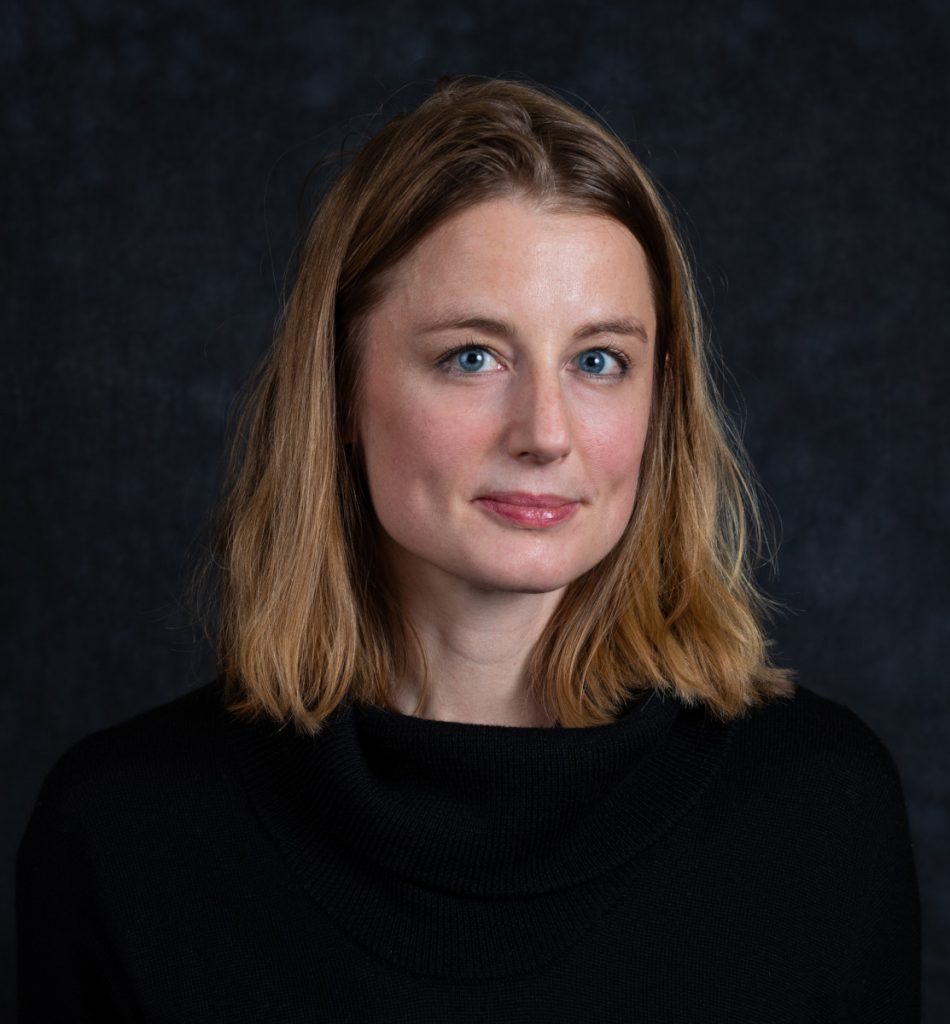In her Brown Bag lecture, Hilary Plum wants to take a hard look at corporate consolidation of the publishing industry.
“There’s been a big Department of Justice antitrust case, that’s trying to block the merger of Penguin Random House and Simon & Schuster,” said Plum, a novelist and Week Nine prose writer-in-residence at the Chautauqua Writers’ Center. “In the past few years, there’s been a rise of indie media — podcasts, newsletters and substack.”
While Plum said the proliferation of independent media gives her hope, that proliferation hasn’t included any book publishing.

“I’d like to look at some of these phenomena (in my lecture),” she said. “I’ll be paying special attention to both pushback against corporate consolidation in publishing and ways that other corners of indie media have been flourishing, and why that has yet to include indie book publishing.”
At 12:15 p.m. Friday, Aug. 26 on the porch of the Literary Arts Center at Alumni Hall, Plum will give the final Chautauqua Literary Arts Brown Bag lecture of the 2022 season, titled “Publishing By and For People: A Talk on Independent and Grassroots Books and Media.”
“I’d like to talk about what, in my own work, I’ve found meaningful,” she said. “I’ve worked in smaller, more collaborative writer-to-writer publishing structures. For people who want to get involved in something like that, I’ll have some options for those who want to explore it.”
For students like those attending her week-long workshop at the Chautauqua Writers’ Center, Plum said her main advice is to “seek out connections and conversations that you find meaningful.”
“There’s a lot of conventional ideas about what success would be for us, or what we’re looking for, but the things that seem most memorable and sustaining and which continue to inspire me tend to be about relationships,” she said. “Continuing to connect with other writers is so important.”
A key part of being a writer, Plum said, is to stay connected and involved to the writing community at large.
“I think part of that is continuing to write, read, edit and talk with others,” she said. “It’s a community practice, it’s a communal practice. There may or may not always be a book that comes out of it. I think acknowledging that takes the pressure off. For me, the work of literature is more ongoing and communal, day-to-day.”




